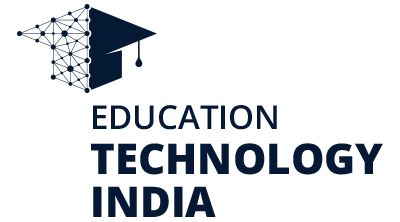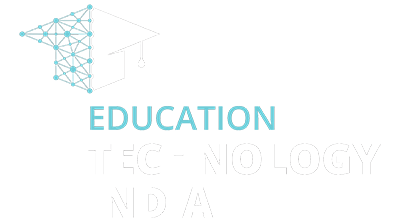
Government officials from Slovenia and the United Arab Emirates, alongside leaders of two tech companies, participated in a panel discussion titled “Education Meets AI: Artificial Intelligence as Driving Force for the Economy and Society” at the 2024 World Economic Forum. Addressing “novel opportunities for deeply personalized learning and tutoring,” participants also delved into the “uncharted risks for today’s learners in schools, universities, and workplaces.”
Moderator Nzinga Qunta, anchor at the South African Broadcasting Corp., summarized three crucial issues that emerged during the panel:
- AI learning transcends traditional classrooms, remaining undefined by age or physical space.
- Vigilance is required to eliminate bias in data gathering.
- Critical thinking is paramount when evaluating AI.
Key topics emphasized by the panelists encompassed AI tutoring, the methods and content of education, and the overall significance of critical thinking
All four panelists expressed enthusiasm for employing AI in delivering personalized, scalable tutoring beyond traditional classrooms. Ahmad bin Abdullah Humaid Belhoul Al Falasi, the Minister of Education of the United Arab Emirates, asserted that “Technology makes education scalable.” He clarified that classes in the UAE remain unaffected, and the introduction of “democratic tutoring,” available to all and aligned with the UAE curriculum, complements classroom instruction.
Al Falasi highlighted the documented success of private tutoring but acknowledged its limited accessibility. He emphasized that AI, costing only a fraction of a human teacher, handles the technical aspects, leaving teachers to focus on essential soft skills. By confining AI to tutoring outside the classroom, any concerns about teacher replacement are alleviated.
AI is not itself taking away jobs
A recurrently mentioned concern is people’s resistance to AI fueled by the fear of human displacement by computers. It is crucial to communicate that AI won’t replace jobs; instead, jobs will be taken by individuals proficient in using AI. This serves as both reassurance for teachers and motivation for learners.
The Methods and content of our teaching
Hadi Partovi, Founder and CEO of Code.org, stated that the potential of AI lies in personalized learning. His company collaborates with Stanford researchers to integrate the latest pedagogical insights.
Learning Evolution
Al Falasi shared his experience tutoring his twin children, who possess distinct learning styles.An audience member provided an example of personalizing lessons based on a learner’s interests. If the AI identifies a student’s interest in soccer, the examples in the lessons could be drawn from the sport, demonstrating a tailored approach.Moreover, the audience member highlighted an alternative information delivery method via text messaging, suggesting a potential solution to current bottlenecks in information delivery.
Panelists agreed on the need for changes not only in how we teach but also in what we teach. Emilija Stojmenova Duh, the minister of digital transformation of Slovenia, emphasized the importance of digital skills for everyday life and the need to train individuals of all ages, including retirees, to bridge the digital skills gap.Jeffrey R. Tarr, CEO of Skillsoft, emphasized the significance of workforce learning, stating that AI will be the “new front door to learning” and extending coaching to everyone.The importance of STEM education was stressed to better prepare individuals to understand and leverage AI. Additionally, it was noted that young countries have an advantage in adapting to AI, as they do not need to revise centuries-old curricula.
The Necessity of fostering Critical thinking
A Swiss participant highlighted the risk of misinformation and disinformation, potentially exacerbated by AI. Duh and Partovi strongly emphasized the necessity of fostering critical thinking.Al Falasi illustrated how critical thinking is integrated with AI education in the UAE. Students are assigned to use ChatGPT, and in subsequent classes, they are tasked with critically challenging the responses received from the chatbot.
While the risks of misinformation and disinformation extend beyond AI in education, the heightened threat posed by AI might transform this risk into an opportunity. Acquiring AI skills may lead learners to master the even more valuable skill of critical thinking






